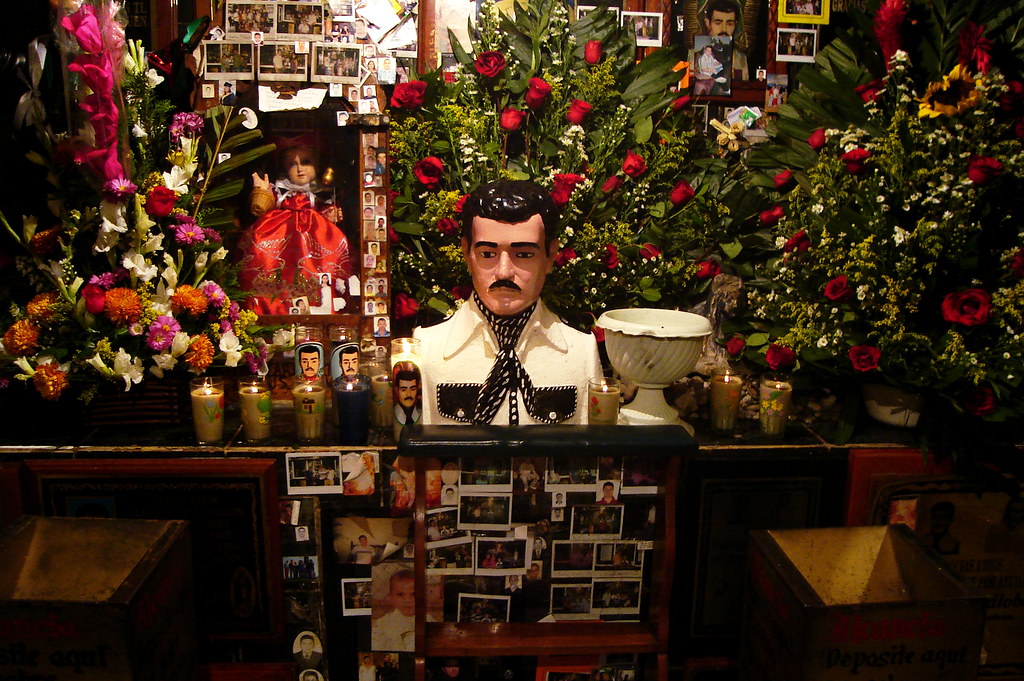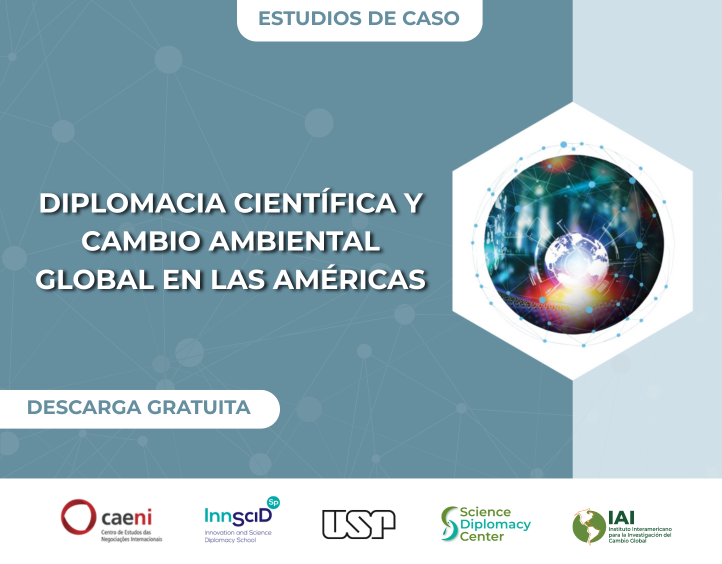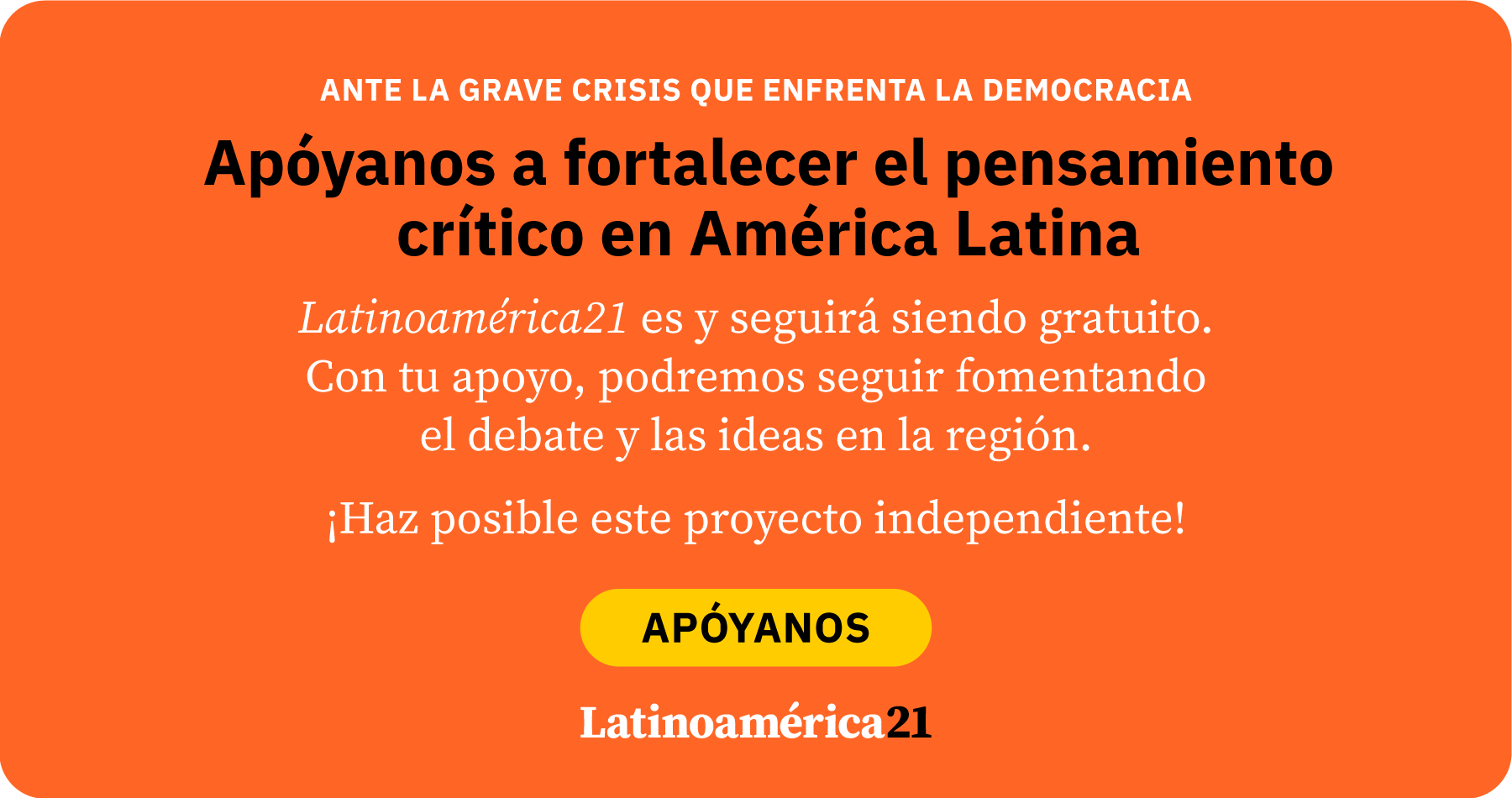Para seguir pensando el fenómeno narco en Latinoamérica y ganar más claridad sobre él, conviene pensar comparativamente. Comparar, entendido no como asimilar (forzar la igualación de) dos o más cosas, sino como ponerlas en contraste analítico (examinarlas juntas, frente a frente, para luego diferenciarlas bien y separarlas en lo que no necesitan quedar unidas). Tiene sentido comparar narco y mafia. Como ya lo he hecho, me adelanto un tanto: ¿son lo mismo? ¿Mafia es narco y narco es mafia? No.
Aunque la han estudiado, con mayor o menor éxito, “celebridades” académicas de distintas eras como Gaetano Mosca y Diego Gambetta, sobre la mafia recurramos esta vez a Giuseppe Carlo Marino, historiador y profesor de la universidad siciliana de Palermo, pero entrando por lo cultural como causa y efecto:
La especificidad de la cultura mafiosa clásica, en tanto cultura antimoderna (…): un culto casi obsesivo de los intereses identificados con el asunto; la inclinación a resolver por la fuerza todos los problemas conectados con la tutela de un orden jerárquico que establece y legitima a distintos niveles los títulos para obtener “honor” y “respeto” (no es casual que al mafioso le agrade definirse como “hombre de honor” u “hombre de respeto”); la absoluta identificación de las normas sociales (y, por tanto, del “derecho”) con la costumbre; la enfática subordinación a las reglas del sentido común y el formal homenaje al poder y a los poderosos, además de a los prejuicios consolidados, en un marco de conformismo que vincula con el principio de autoridad todas las formas de la vida social, (…) imponiendo una moral de la resignación, la obediencia, la complicidad y la omertà” (Historia de la mafia. Un poder en las sombras, Barcelona, Vergara, 2002, pp. 23-24).
Entre los factores de la mafia se encuentran la ausencia del Estado o la presencia de un Estado débil e injusto, el caciquismo, los grados de injusticia social, la corrupción, la religiosidad familiar de un catolicismo particular y el machismo. Son factores que corren a lo largo del tiempo y que también se mueven complejamente entre lo causal y lo efectual. Asimismo, la mafia y la mafiosidad echan mano del nacionalismo y no se entienden sin la venta de protección. Esta venta como negocio y orden que sustituye al Estado desde fuera o desde dentro.
Nótese que hablamos de la mafia original, que como dice Marino “es, en sentido estricto, un fenómeno siciliano” (p. 25). Coincido con el profesor en que “se trata de una criminalidad muy especial” (p. 26). Un problema siciliano, histórico, no simplemente delictivo ni delictivamente simple. No es delincuencia común ni mera “delincuencia organizada”, o no cualquiera. En eso se parece al “narcotráfico”.
No se puede afirmar que mafia es igual a narco ni que narco es igual a mafia, porque sus orígenes y desarrollos históricos son diferentes»
Sí, especial también es el fenómeno del narco. La mafia (original o derivada) puede incorporar narco, pero es más que tráfico ilegal de drogas; el narco puede funcionar también como mafia, pero no es mafia en sí. Dos fenómenos distintos pero conectados o que tienen relación pero deben ser distinguidos. No se puede afirmar que mafia es igual a narco ni que narco es igual a mafia, porque sus orígenes y desarrollos históricos son diferentes. En todo caso, puede decirse que hoy (no en el origen ni en la mayor parte del pasado) la mafia forma, asimismo, un subtipo de narco y que la evolución del narco incluye un tipo de mafia, sin que su venta de protección sea idéntica.
¿Qué es, entonces, el narco? Lo defino como el fenómeno económico, sociocultural y político (en ese orden) de la producción, distribución y venta ilegal de drogas por ser estas (las drogas) ilegales, cuyos agentes recurren variable pero sistemáticamente a la violencia y a la corrupción para operar en un mercado 100% negro que les interesa preservar como tal.
Hay tres grandes implicaciones de lo que he dicho. La primera, el narco no es el consumo de drogas ilegales. Y el consumo ilegal de drogas no es narco. La segunda es mucho más grande: si en el caso de la mafia siciliana la matriz es la historia larga de la cultura de negociación político-económica que forjó Estados débiles y una cultura anti-Estado, en el caso del narco la matriz es la prohibición. Causalmente, en la mafia se trata del ir histórico contra la ley (toda o casi toda la legalidad); en el narco, por el contrario, de la aplicación de la ley: es el efecto de unas leyes o de una legalidad que prohíbe formalmente las drogas X o Y.
Solo después de esa prohibición, las “historias largas” hacen diferencias: características secundarias y regionales (el narco colombiano, el narco mexicano, el cártel 1 del estado mexicano A hoy, el cartel 3 del estado mexicano B ayer, etcétera). Insisto: si la mafia no nace por una ley y contra ella sino por un contexto “contraestatal” y a favor de este, el narco no pudo nacer ni puede nacer sin una ley: como Al Capone con la ilegalidad del alcohol, el narco nace por la prohibición y contra ella, aunque una termina por favorecer al otro y este por defender a aquella, mientras los contextos añaden especificidades.
Tercera y última implicación: el antídoto esencial o principal al narco es, para dolor de los amantes de la “mano dura”, la legalización-regulación estatal de las drogas que un día decretaron que serían ilegales. Latinoamérica no llegará al siglo XXI por la ruta de una guerra estúpida del siglo XX que ya está perdida.












